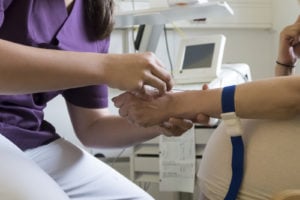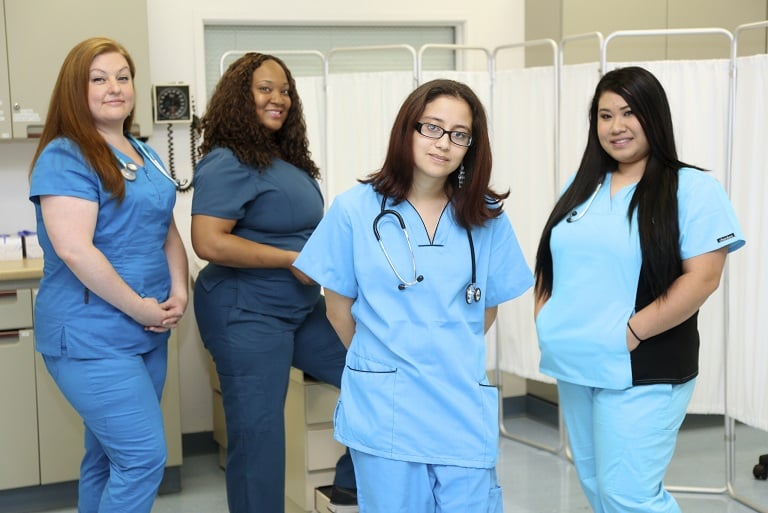
Specialty Certification for LPNs

Licensed Practical Nurses (LPNs) are a valuable member of the healthcare team. They often serve as the eyes and ears for the RN and physician and collect critical data that is used to formulate a plan of care for patients.
LPNs perform important patient care functions including:
- Taking vital signs
- Administering medications
- Assisting and promoting mobility
- Dressing changes/ wound care
However, LPNs are not limited to basic nursing functions. They are also able to become certified in specific specialties. The National Association of Practical Nurse Education and Service (NAPNES) provides several certifications.
IV Therapy Certification
In some states, IV therapy education is frequently completed during an LPN program. The programs allow LPNs to sit for the certification exam. Other states have didactic IV therapy courses. IV therapy-certified LPNs demonstrate competency in:
- Identifying the role of fluid and electrolyte imbalance in homeostasis
- Understanding the pharmacology aspect of IV therapy
- Demonstrating knowledge of the different IV fluids
- Operating IV pumps and equipment
- Calculating flow rate of infusions
- Venipuncture
- Identifying potential complications from IV therapy
It is important for LPNs to recognize that each state has individualized scope of practice laws, and they should be familiar with them.
Long-Term Care
According to the NAPNES, this certification replaces the former Gerontology Certification. It provides competency in the specialized care of patients across the entire lifespan, as well as for those who are chronically ill. Specific concepts include:
- Skills in geriatric and long-term care nursing
- Anatomy/Physiology review
- Therapeutic/ modified diets
Pharmacology
LPNs certified in pharmacology demonstrates that the LPN is competent above the minimum standard required for licensure. Concepts include:
- Dosage Calculations
- IV fluid rates
- Medication assessment
- Procedures for administration
- Drug classifications
- Mechanism of action
- Expected side effects
- Adverse and allergic reactions
- Medical math
- Safety precautions
Various other organizations provide certification to LPNs (as well as other healthcare staff). Examples of specific specialties include:
- Nephrology
- Urology
- Wound Care
- Corrections
- Hospice
- Breastfeeding Support
- Research
- Cardiac Catheterization
Other types of certification that may be required for employment (depending on the facility) may include:
- Basic Life Support (BLS)
- Advanced Cardiac Life Support (ACLS)
- Pediatric Advanced Life Support (PALS)
- Neonatal Advanced Life Support (NALS)
- Pediatric Emergency Assessment and Stabilization (PEARS)
The above list outlines just a handful of specialty certifications out there. LPNs interested in a specific field of study can become certified, which may help with job searches. Also, specialty certification can help LPNs become leaders in their field.
Learn more about LPN roles and LPN job description.
Related Articles
Featured Article

The People You Meet in LPN School




